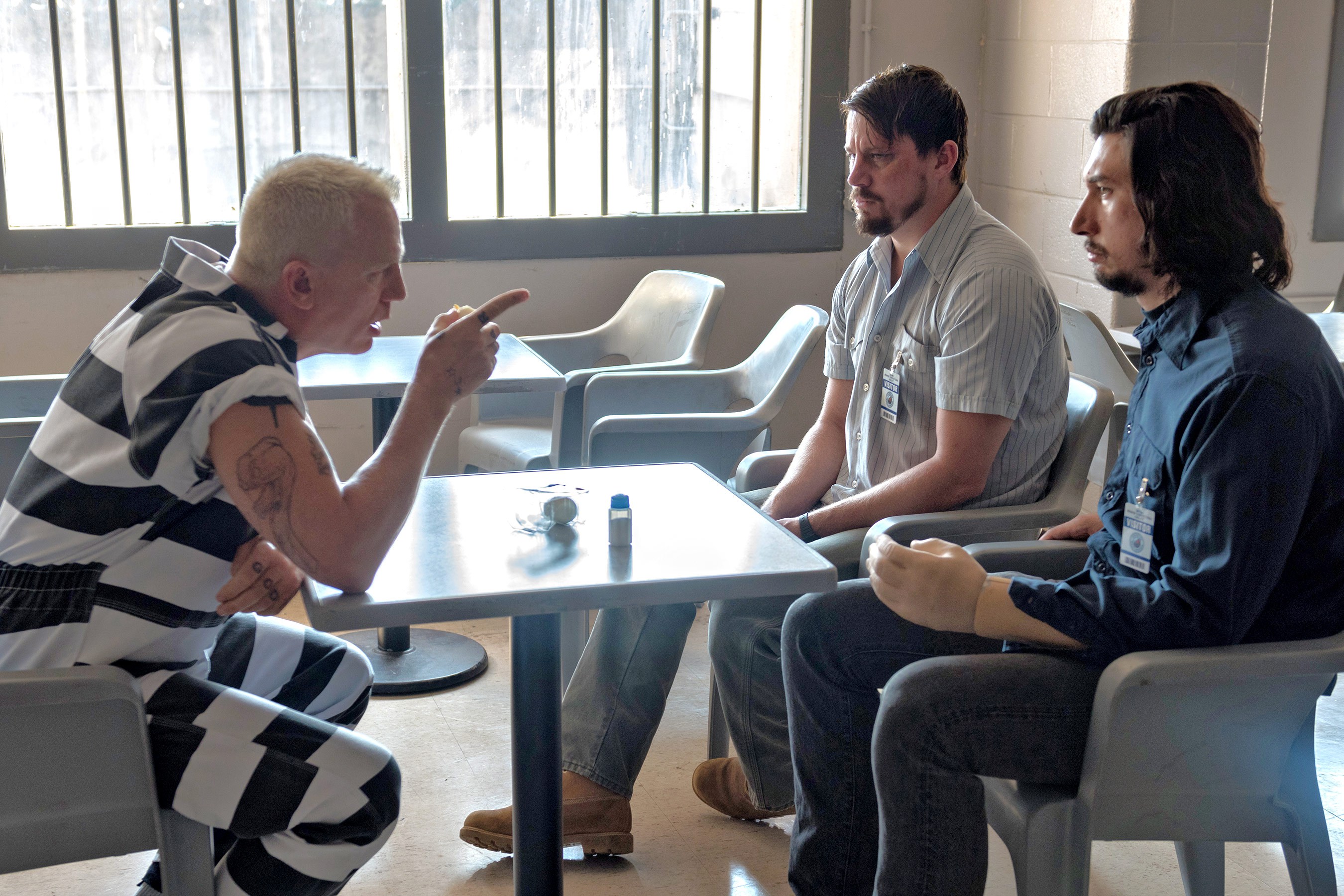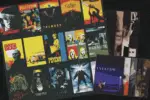Logan Lucky is the coming-out-of-retirement film for director Steven Soderbergh, a crowd-favorite movie auteur akin to Christopher Nolan. With productions like “Ocean’s Eleven” and “Traffic” under his belt, Soderbergh established himself as the kind of “two parts movie nerd, one part bro” filmmaker America holds so dear.
Why, then, did a film like “Logan Lucky”—a film stacked with stars like Channing Tatum and Daniel Craig, a film that got fantastic reviews—do so poorly in the box office? With a budget of $29 million, the film only grossed $36.4, a certified flop. Which is a shame, because the movie is a total blast.
If you’ve seen a trailer for “Logan Lucky,” you know a few things about the film. Channing Tatum plays a divorced father who is unjustly fired from his job at Charlotte Motor Speedway. In an attempt to get custody of his daughter and take control of his life, he teams up with his brother, a one-armed war vet played by Adam Driver, to stage an elaborate heist at the Speedway during the biggest race of the year. It seems to be a sort of “Middle-America” take on the “Ocean’s Eleven” genre.
The trailer not only explained the premise, but it established a specific tone. This is where things get problematic. The trailers seem to frame the movie as an indie romp/period piece with a star-studded cast, closer to “The Nice Guys” or “Inherent Vice” than a blockbuster like “Ocean’s Eleven.” What’s more is that the fusion of heist and middle-America appears to be satirizing the very people it is about.
Every character seems to be bumbling their way through the heist—miscalculating explosives, making comically misinformed statements about social media, driving a car through a convenience store—all while speaking with country accents and questionable grammar. It seemed the trailers were intentionally carving out a niche for the movie comprised mainly of hipsters.
Upon seeing the movie, it became clear to me that trying to make the film appeal to a niche demographic was not only unnecessary, but it was stupid. The film has the potential for sweeping mass appeal. The characters are vibrant; every person has unique desires and quirks. The pacing is brisk; something new is always happening and the plot becomes satisfyingly complex over time. Most importantly, though, the film approaches its country crowd with respect and intelligence, weaving the public’s expectations of the south into the plot itself.
No one ever expects the two main protagonists, Jimmy (Channing Tatum) and Clyde (Adam Driver), to be capable of anything. Sometimes it is an upper-class British man assuming Jimmy is dumb because he has a southern accent. Another time it is Daniel Craig accusing the brothers of being equal parts stupid and unlucky. But these naysayers are wrong and, more importantly, Jimmy and Clyde know they’re wrong. The foundation of their heist is built upon people underestimating them.
What is so refreshing about this approach to the film is that it doesn’t attempt to show us a dad who is intelligent despite being middle-American, but shows us that his success is because he is middle-American. Jimmy possesses a different kind of intelligence, one that specializes in people and connections rather than details and facts. He manipulates people like Joe Bang or Joe’s brothers to help them on their quest. He knows people in any part of town who can help them with car mechanics or even shelter. He feels comfortable asking strangers for rides to abandon crime scenes. He anticipates that they will be overlooked.
The theme of underestimation is also demonstrated through the arc of their main female lead, Mellie (played by Riley Keough). Her prototypical “NASCAR babe” appearance results in other characters, especially male characters, dismissing her as a Barbie. But she proves an amazing wheelman who also has a pension for intentionally embarrassing the men around her with her superior knowledge of cars and general badassery.
Admittedly, the film does flirt with the line that separates sexualization that subverts expectations and un-ironic sexualization. But what makes the difference for Mellie and the other women in the cast is that they not only have strong senses of agency, but their agency is contextualized by authentic character traits and relationships. They feel real and specific.
In fact, this feeling of authenticity is responsible for much of the film’s success. Jimmy’s struggle to maintain custody of his daughter is extremely heart-felt because it is quiet and organic where it could have easily been trite and melodramatic. The relationship between Jimmy and Clyde, on the other hand, is strained with guilt, but ultimately built upon love, familiarity and trust.
Jimmy feels responsible for the time that Clyde spent in the military that cost him his arm, but when Jimmy starts a fight he can’t win in a bar, Clyde immediately puts a Molotov cocktail in their opponent’s car so that the sounds of their car exploding will distract them from the fight and they will leave Jimmy alone. The chemistry exists both in the script and between Tatum and Driver.
A bar fight ending with an exploding car may sound over-the-top, and that’s because it is. The movie is surprisingly funny throughout, even in moments of real dramatic tension. It finds its groove between goofy quirk and sharp wit. Daniel Craig also does an outstanding job as Joe Bang. It is unlike anything he has ever done before, and it is both mesmerizing and hilarious.
So why would a movie like this be marketed with hipsters as the focus group? Hollywood, and pop culture in general, has not been kind to the rural side of America for a while now. There is a distinct lack of films about this demo that are made for this demo.
With a compelling self-awareness of how the world sees middle-America that works on the narrative and meta level, “Logan Lucky” should have been an answered prayer. It is a fun, witty and heartfelt heist movie made by one of the kings of heist movies. And while it is tragically ironic that a movie warning us not to forget about its demographic was not marketed to that group, it is just as frustrating that the normal blockbuster crowd was left mostly out of the picture as well.

















